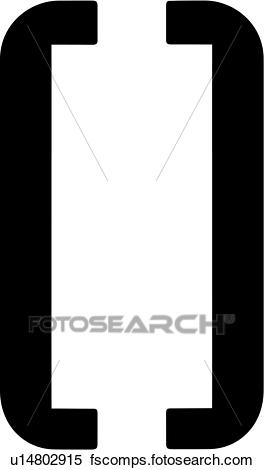
noun, plural pa·ren·the·ses [puh–ren-thuh-seez] /pəˈrɛn θəˌsiz/.
- either or both of a pair of signs ( ) used in writing to mark off an interjected explanatory or qualifying remark, to indicate separate groupings of symbols in mathematics and symbolic logic, etc.
- Usually parentheses. the material contained within these marks.
- Grammar. a qualifying, explanatory, or appositive word, phrase, clause, or sentence that interrupts a syntactic construction without otherwise affecting it, having often a characteristic intonation and indicated in writing by commas, parentheses, or dashes, as in William Smith—you must know him—is coming tonight.
- an interval.
noun plural -ses (-ˌsiːz)
- a phrase, often explanatory or qualifying, inserted into a passage with which it is not grammatically connected, and marked off by brackets, dashes, etc
- Also called: bracket either of a pair of characters, (), used to enclose such a phrase or as a sign of aggregation in mathematical or logical expressions
- an intervening occurrence; interlude; interval
- in parenthesis inserted as a parenthesis
n.1540s, “words, clauses, etc. inserted into a sentence,” from Middle French parenthèse (15c.), from Late Latin parenthesis “addition of a letter to a syllable in a word,” from Greek parenthesis, literally “a putting in beside,” from parentithenai “put in beside,” from para- “beside” (see para- (1)) + en- “in” + tithenai “put, place,” from PIE root *dhe- “to put, to do” (see factitious). Sense extension by 1715 from the inserted words to the curved brackets that indicate the words inserted. A wooden parenthesis; the pillory. An iron parenthesis; a prison. [“Dictionary of Buckish Slang, University Wit and Pickpocket Eloquence,” London, 1811]
 Liberal Dictionary English Dictionary
Liberal Dictionary English Dictionary